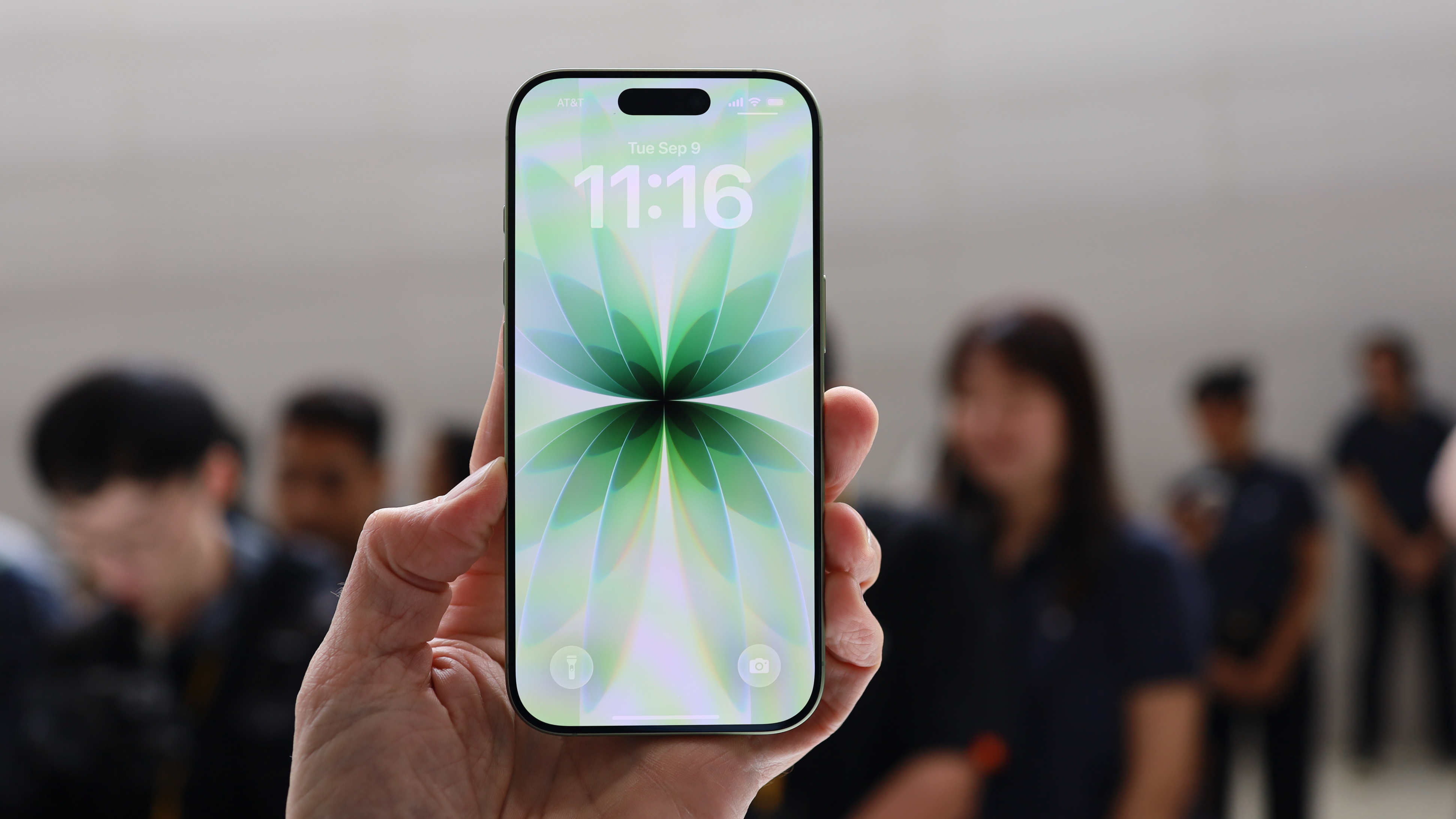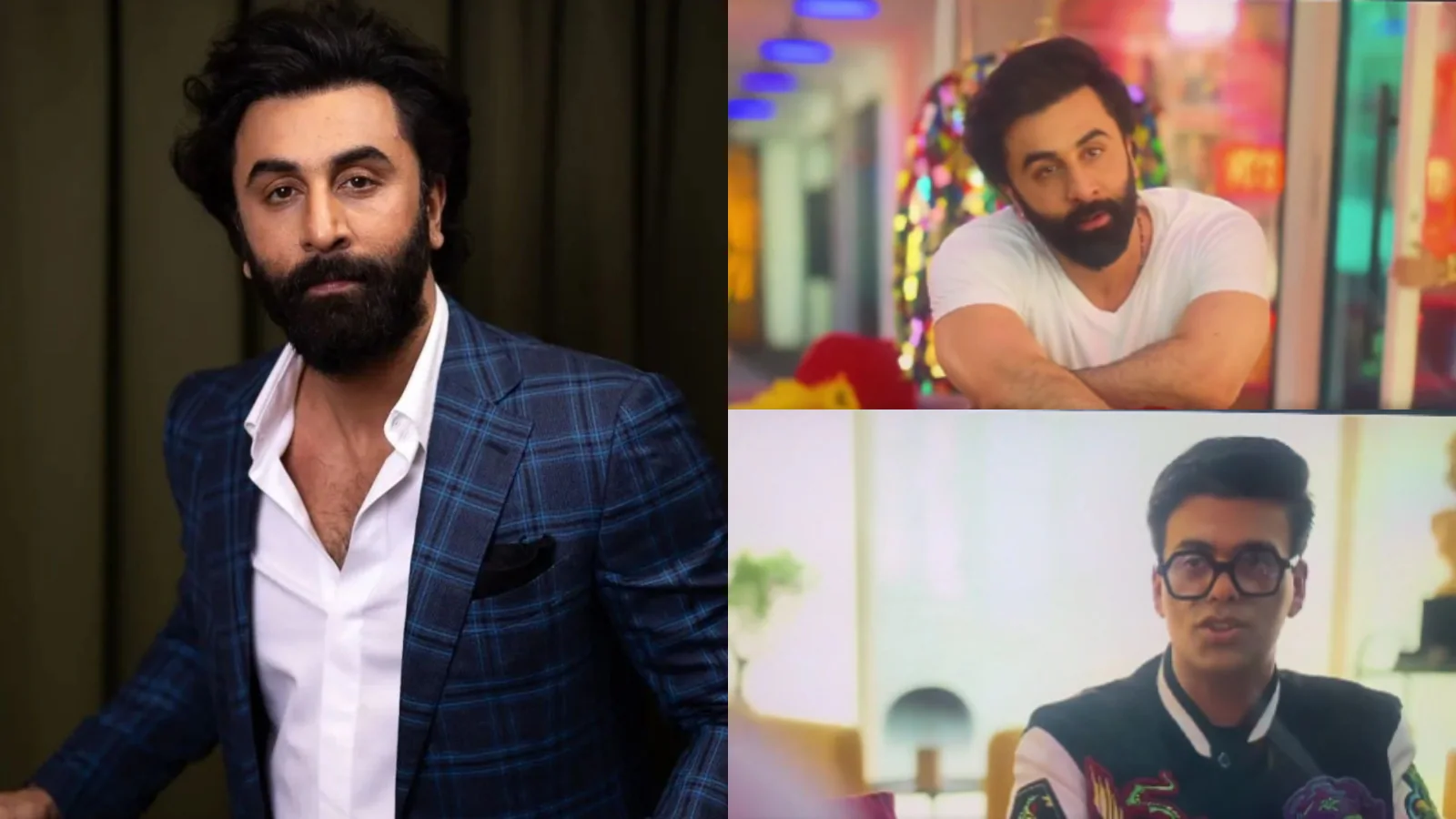Freedom of speech or abuse of speech? The growing trend of cyber bullying in Ghana -Sophia Arthur writes
By Ghana News
Copyright ghanamma

Ghana has long been hailed as one of Africa’s most stable democracies, a nation where freedom of speech is not only guaranteed under Article 21 of the 1992 constitution but celebrated as a pivot of good governance.
However, in recent years, the very right that empowers citizens to speak their minds has been stretched to dangerous limits, especially on social media.
What started as harmless commentary has now escalated into a culture of insults, threats, and the spread of misinformation. Shockingly, even children and people expected to do better have all joined the bandwagon, boldly insulting elderly people on Facebook, TikTok, and X (formerly Twitter). This worrying trend is fast eroding the respect, dignity, and responsibility that the Ghanaian society has always cherished.
A Culture of Insults Gone WildWith internet penetration in Ghana reaching 24.3 million users by the start of 2025, social media has become the main platform for news, entertainment, and public discourse. But alongside the positives, the negatives are glaring. People now hide behind screens to launch personal attacks, threaten others, defame, malign, slander and circulate fake stories.
What was once seen as “just social media banter” is now creating real damage, broken reputations, rising tension, and even fear in some communities.
Why It MattersDemocratic Freedom Misused: Freedom of speech was never meant to be freedom to abuse. It is meant to give citizens this important tool to hold people in power accountable and contribute meaningfully to the growth pattern of the country. Channelling this freedom into insult will equally result in a weakened democracy which lacks the strong voice of citizens demanding accountability and making the much-needed inputs.
Impact on Children: Young people, instead of using the media for education and creativity, are learning disrespect and hostility. They are consuming toxic and unwholesome contents which carry words, terms and expressions that they must not get in contact with.
National Image: Ghana’s respected democratic reputation could be tarnished if these online behaviours are left unchecked. The insults moving from peers to leaders could easily cross borders and global levels. This will lead to the attraction of global shame and a downgrade in the respect for the country.
The Call for ActionMany Ghanaians believe it is time for the government, communication regulators such as the National Communications Authority (NCA), and other institutions like the National Media Commission (NMC) to step in with laws and policies needed to tame this menace. Clear policies, digital literacy programs, and stricter monitoring of online platforms could help reduce the level of disrespect, threats, and misinformation.
Social media companies also have a role to play by introducing stricter verification systems, stronger reporting tools, and promoting positive content.
ConclusionGhana must not allow its enviable democratic freedom to be drowned in a sea of online disrespect and misinformation. Freedom of speech is a right, but with it comes responsibility. It is time for parents, schools, government, regulators, and the platforms themselves to rise up and restore order in our digital space.
The media is powerful; it can build or destroy. Ghana must choose wisely.
By: Sophia Arthur/Broadcast Journalist and student at UEW



